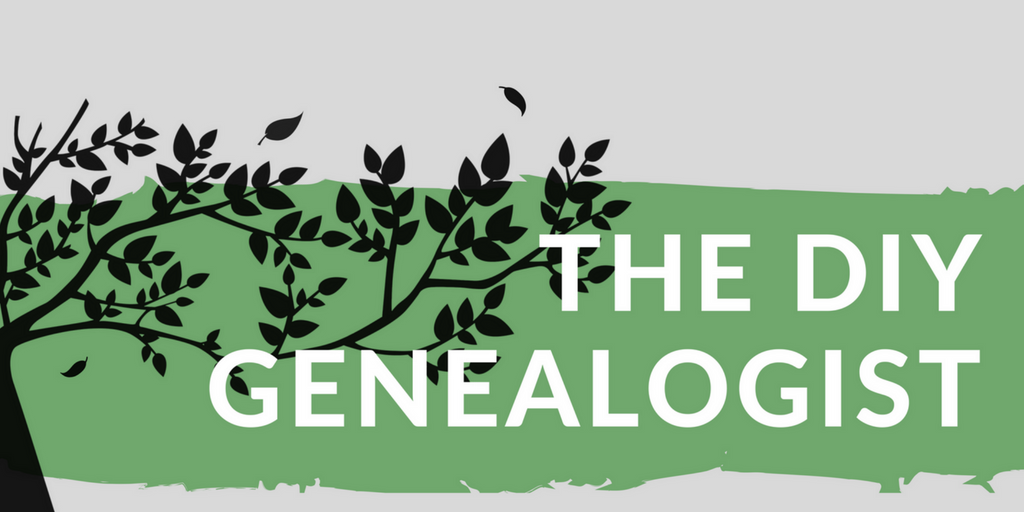 |
| Land grant to Abijah Bray for a portion of land in Claiborne County, Tennessee; 28 Jul 1824 |
 |
| Land grant to Abijah Bray for land in Grainger County, Tennessee; 20 September 1832 |
 |
| Land grant to Abijah Bray for land in Hancock County, Tennessee; 9 July 1857 |
I find that these land grants are better off paired with this website, The Atlas of Historical County Boundaries. Included are interactive maps for the United States, which allow you to track the changes in county boundaries over time. Of interest here will be the interactive map for Tennessee.
While I was searching online, I saw that there is a lot of confusion about this particular family because names repeat every other generation, so there is more than one Abijah Bray, and likely more than one Stogner Bray.
I began with the marriage record and pieced the story together from there.
 |
| Marriage record for Abijah Bray and Polly Webb, married on 4 January 1838 in Tennessee (Line 68 in the image) |
 |
| Mary Polly Webb on the 1860 census for Hancock County, TN |
From there, I was about to find the 1860 census, where Polly appears with her daughter Rachel, from whom I'm descended. We also see that Rachel Bray is named after her grandmother, Rachel Webb, who is living together with her daughter at the age of 86.
Rachel Bray's brother Stogner lives in the same community and appears on a different page of the census, with his wife Jane and daughters Nancy and Mary.
In 1870, Stogner Bray will appear with a 9 year old son, also named Abijah. Much of the confusion in regards to this family happens here between these two names. I also suspect that Stogner is not the first of his namesake, and confusion arises from there as well.
Rachel has three daughters from an unknown husband; Eliza, Tennessee, and Nancy. She marries William Farmer in 1877, but it must be noted that he is not the father to her children. Her daughter Nancy Bray later marries John P. Clark, and I'm descended through their children.
What I find so interesting is that all of this confusion arises from reusing names, but the name that I most readily recognize is Nancy. Nancy was my great-grandmother's actual given name, and nobody knew it because she always went by Violet. We didn't find out until after my great-grandmother died that her legal name was Nancy, and not Violet.
I loved my great-grandmother very dearly as a child. She was a wonderful playmate for me, and my memories of her stand out remarkably well to me even in my adulthood. If ever I were to give my child a namesake, it would be after my great-grandmother, Violet Nancy Greene.
I suspect that somewhere in the history of her family is a great matriarch named Nancy, who inspired generations after her to name their children after her. I haven't discovered her yet, but I'm hoping some day I will. Anyone who has had their name travel down through this many generations has to be a pretty special person.
For now, I'm just happy to have known the Nancy that I knew.





















